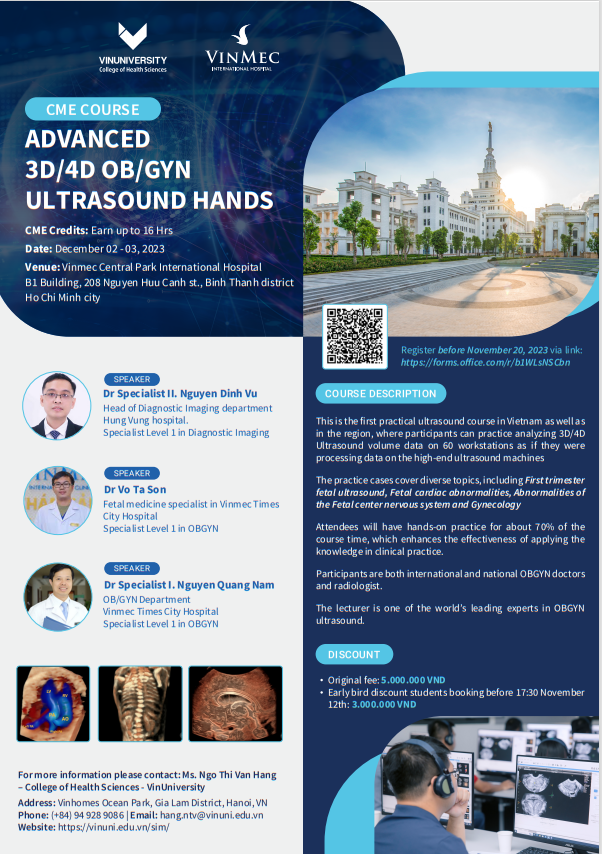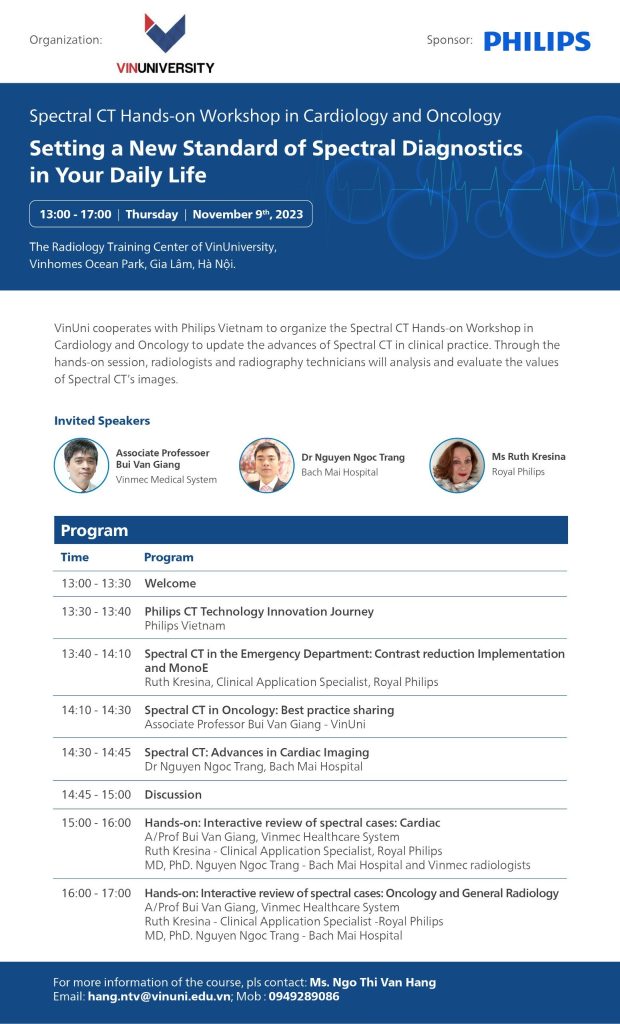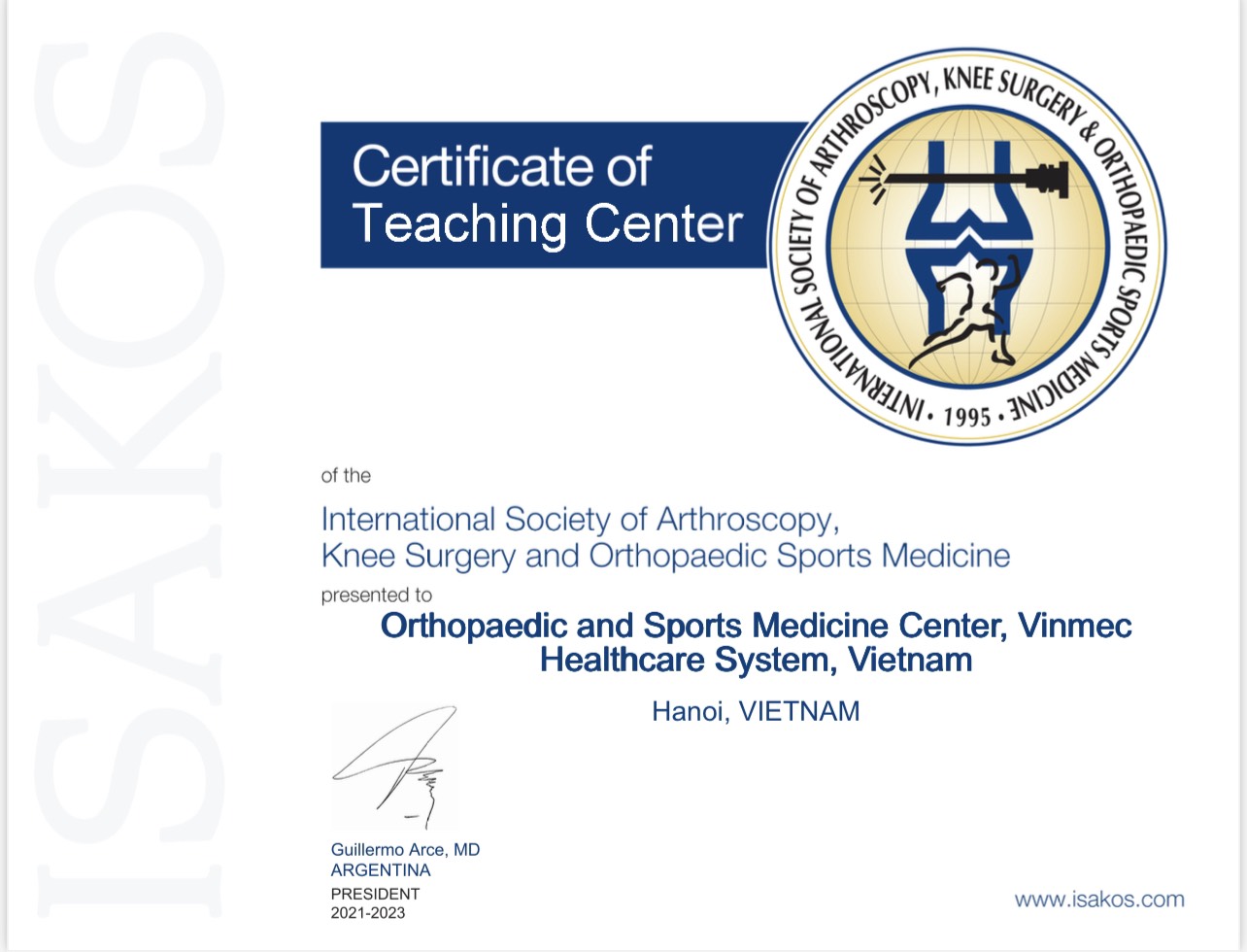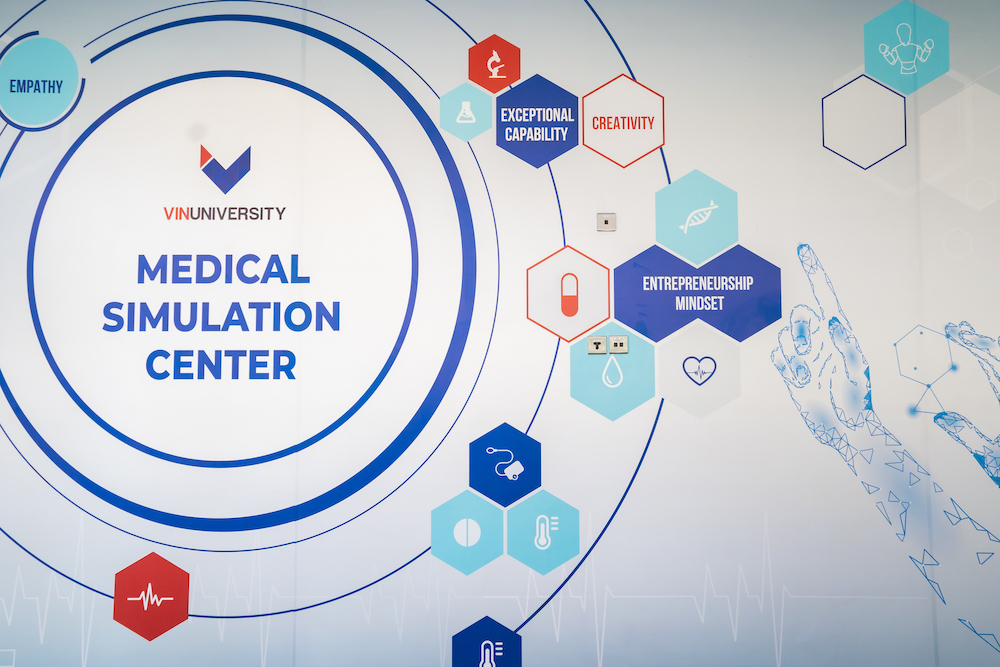In Vietnam, the shortage of healthcare workers is increasingly becoming a critical challenge as the current ratio of medical staff per population is only 8 doctors and 11 nurses per 10,000 people, lower than in low-and-middle income countries around the world. Reports also indicate that Vietnam is currently in great demand for long-term health care services, especially for chronic diseases.
To address these challenges, VinUni-Illinois Smart Health Center (VISHC), VinUniversity, has developed a smart healthcare system for Vietnamese people, namely, VAIPE. This is a pioneering project towards building a comprehensive, easy-to-use and low-cost healthcare system, developed based on large databases of Vietnamese people, with the integration of AI and distributed learning algorithms. With just a smartphone, people can take initiative in taking care of their health, early detection and prevention of diseases, thereby improving the quality of public healthcare.
The VAIPE system’s key functions include:
- Automated pill recognition from the actual pills’ captured images. Providing appropriate medication recommendations.
- Automated extraction and recognition of information from photos of prescriptions, effectively assisting the scheduling and management of medication intake.
- Providing warnings for users in case of medication errors by detecting off-prescription drugs.
- Automatic classification of medical measuring instruments and identification of user health metrics.
- Possible digitization of electrocardiogram (ECG) signals from imaging and detection of cardiac abnormalities.
VAIPE is capable of automatic and accurate statistical production and data analysis, while simultaneously protecting users’ personal data. This product also has high potential in digitizing traditional medical data, helping to significantly reduce the workload for doctors and medical staff , thereby contributing to the development of a modern digitized healthcare system in Vietnam. The product is currently under its fine-tuning process and is subject to live-testing in 2022.











